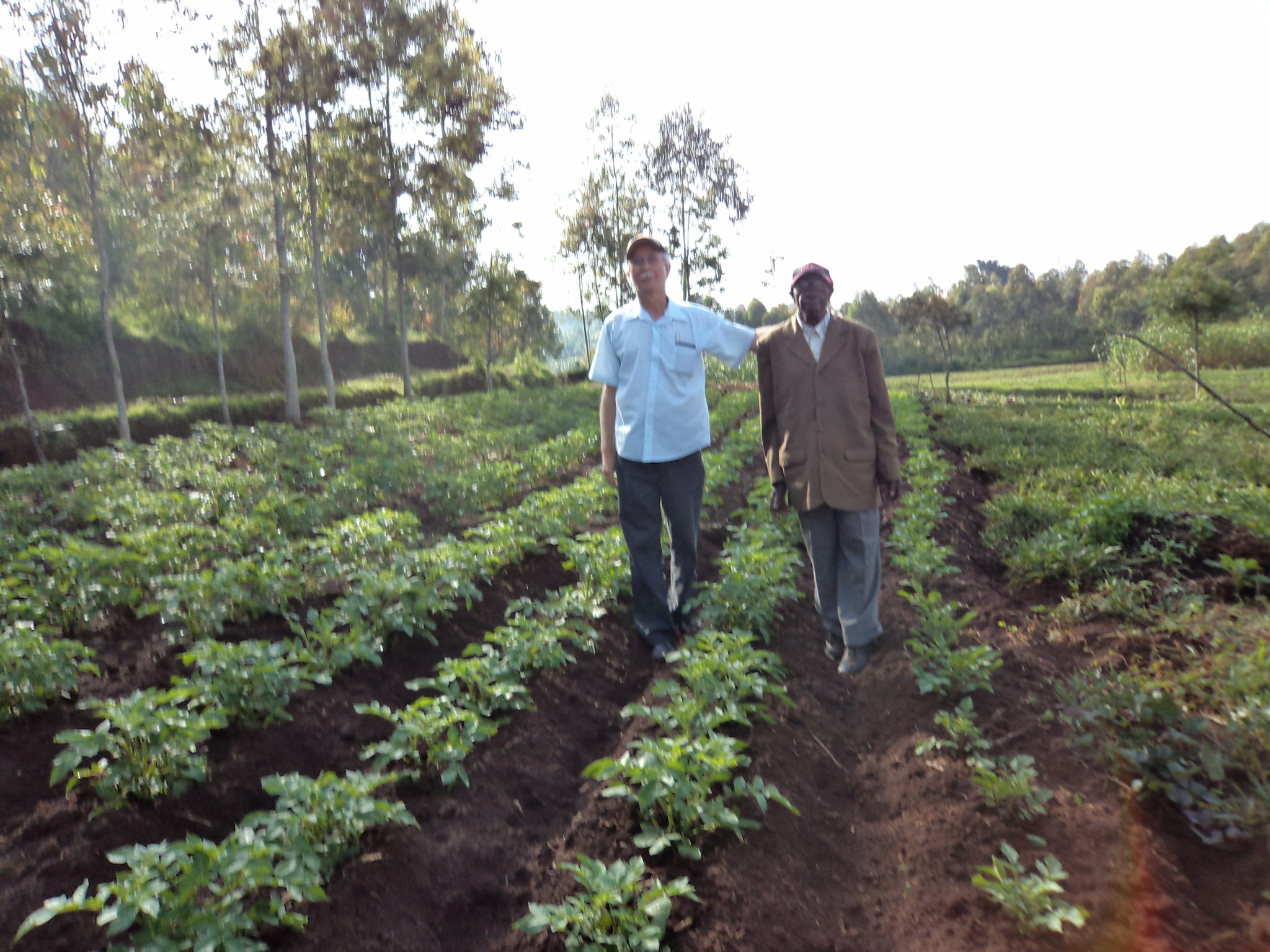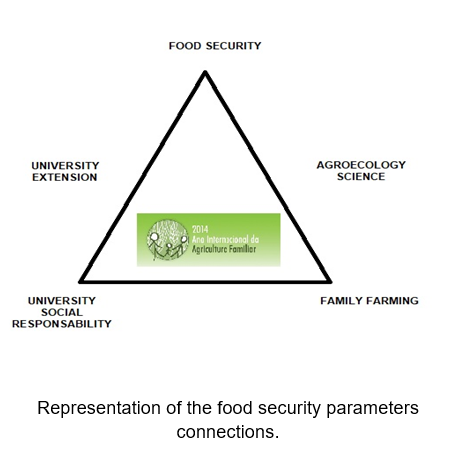Sustainable Socio-Environmental Technologies of Agroecology

This post is also available in:
This post is also available in:
![]() Ελληνικά (Greek)
Ελληνικά (Greek)
This article, of an extensionist character, intends to demonstrate why Agroecology is an economically/socio-environmentally viable and sustainable solution for all smallholders for producing basic/fundamental foods around the world, especially in the poorest continents, such as Africa.
After showing the arguments, the proposal for “Food Security with Family Farming Products Obtained in an Agroecological Way” will be presented so that it can be successfully applied anywhere on the planet.
This will become possible through the presentation of a series of extensionists articles about “Sustainable Socio-environmental Technologies of Agroecology“, such as “Composting, Biofertilization, Biopesticides and Biological Control“.
 All these technologies will be reported as successful examples of food production in general, generation of decent employment and income, reduction of rural exodus, with the comfortable settlement of man in the countryside. Furthermore, they can help in socio-environmental protection, fighting global warming, and preventing diseases, endemics, epidemics, and pandemics.
All these technologies will be reported as successful examples of food production in general, generation of decent employment and income, reduction of rural exodus, with the comfortable settlement of man in the countryside. Furthermore, they can help in socio-environmental protection, fighting global warming, and preventing diseases, endemics, epidemics, and pandemics.
We will assume that the United Nations considered the year 2014 as the International Year of Family Farming with the objective of highlighting its great importance for the eradication of hunger and poverty, in addition to guaranteeing food security and nutrition, management of natural resources, environmental protection and sustainable development.
For this, the FAO/UN specify that family farming is the predominant way of food production, involving more than 500 million people around the world.
Another important point is that family farming promotes sustainable development, since it uses agricultural systems based on crop diversification, contributing both to the balance of food and to the preservation of global agrobiodiversity.
And considering climate change, on this planet that is already suffering from the greenhouse effect and the devastating consequences of global warming, these approaches will be possible, even immediately after the Covid-19 pandemic, since the foundations of Agroecology’s Sustainable Socio-Environmental Technologies are:
Economically workable;
Ecologically proper;
Socially fair;
Culturally appropriate;
Technologically suitable, and;
Scientifically proven.
Finally, we will present the proposal of “Food security with family farming products obtained in an agroecological way”.
 Note the representation aside, which took as parameters:
Note the representation aside, which took as parameters:
1- University Social Responsibility;
2-Innovative University Extension;
3-Family Farming and Small Farmers;
4-Agroecological Science;
5-Objective: Food Security.
The first sustainable socio-environmental technology that will be presented is about disposing of natural raw materials rich in organic and mineral nutrients in an appropriate place, especially seeking a favorable carbon and nitrogen ratio (C/N) for the development of agricultural plants and agricultural crops.
This is named COMPOSTING.








































































